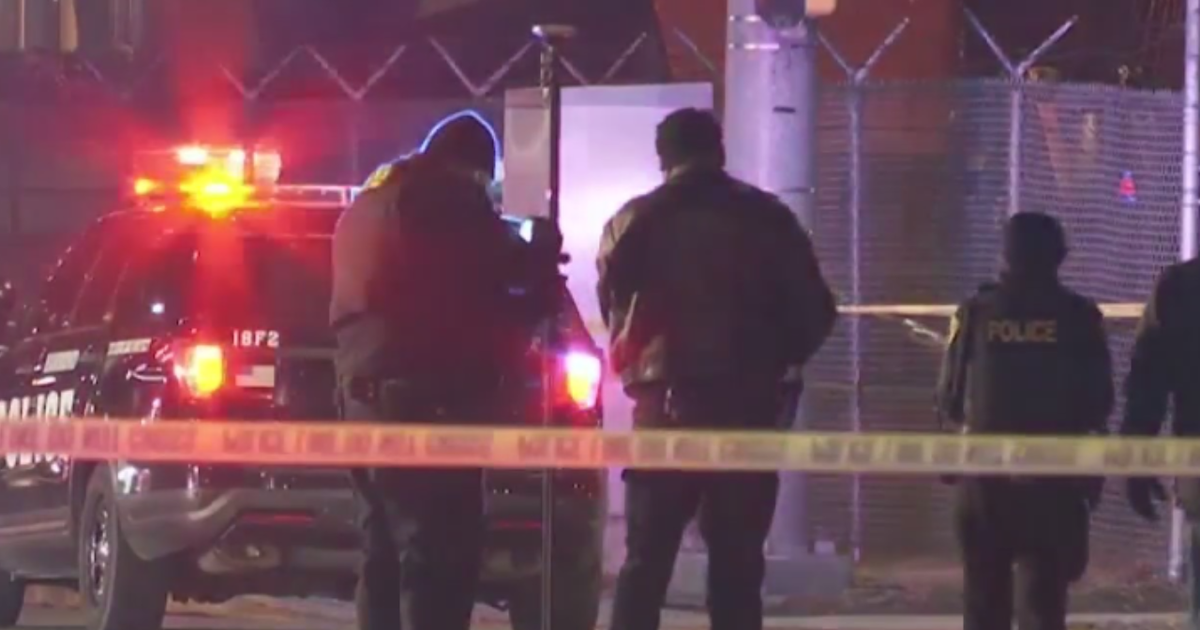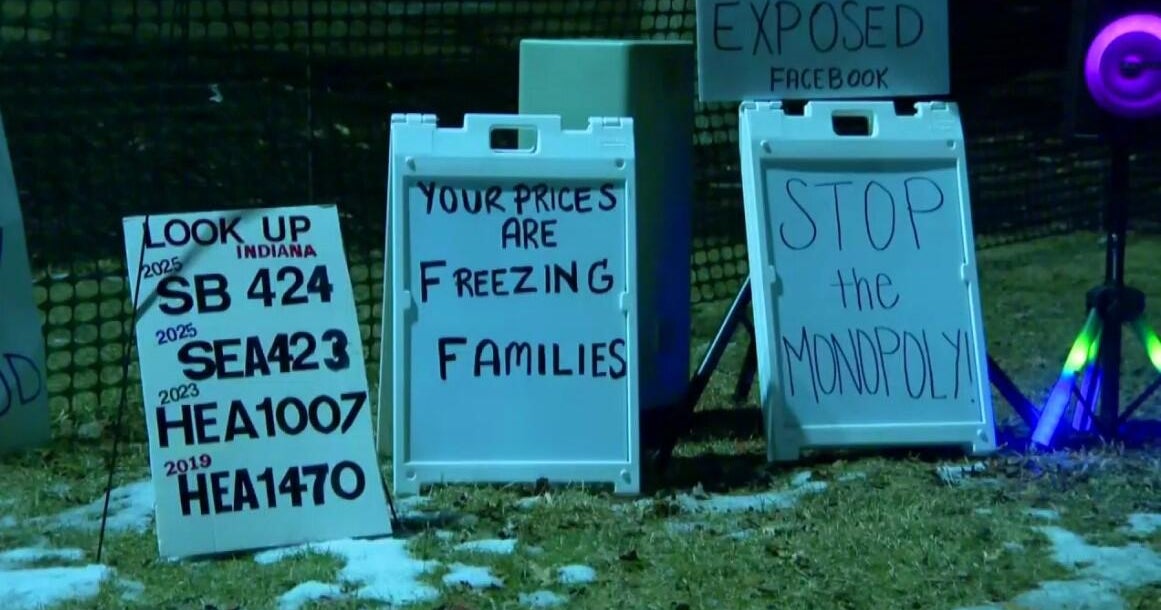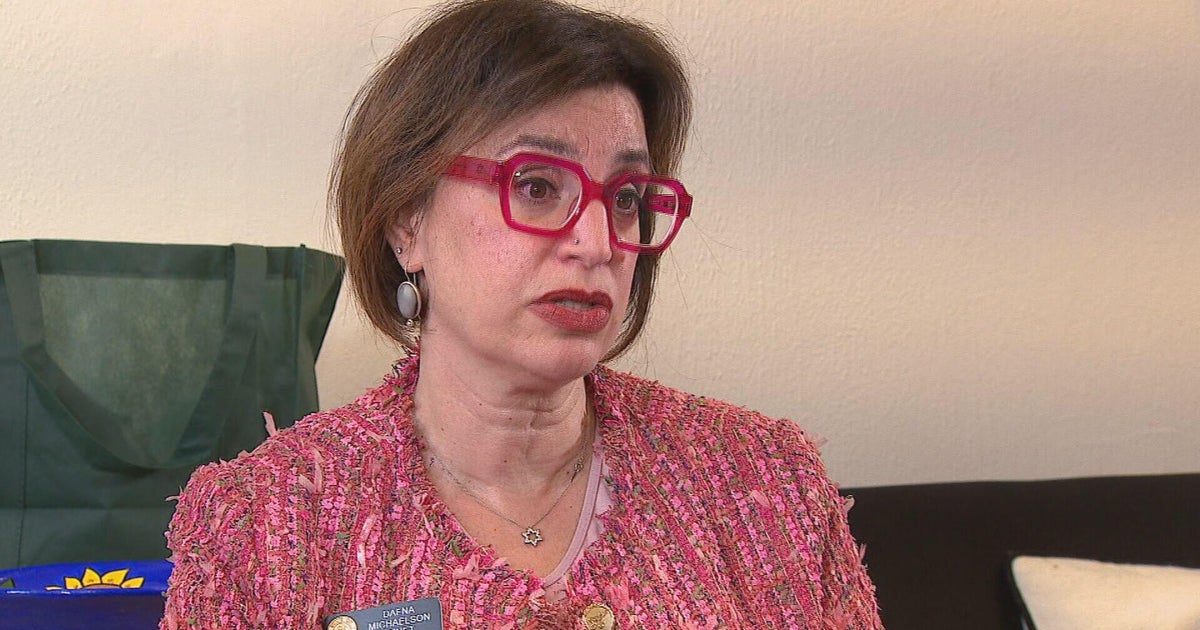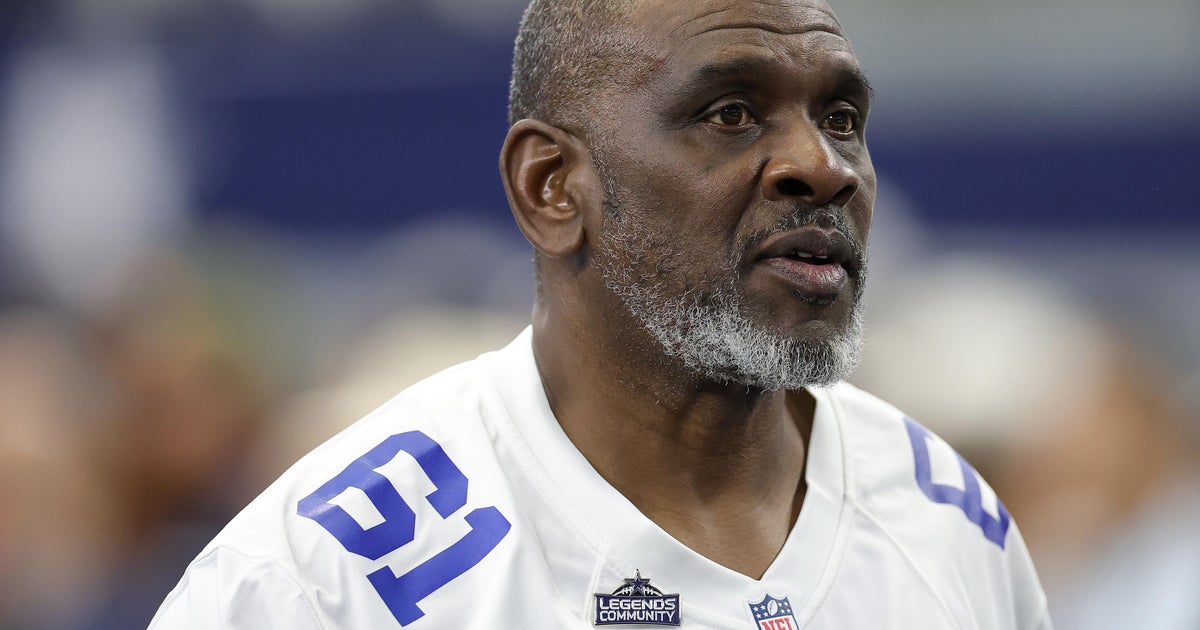Indiana Primary: What You Need To Know
By John Dodge
CHICAGO (CBS) -- Voters go to the polls in Indiana in a primary contest with critical implications for the presidential candidates, especially among Republicans.
Here is what is at stake in the Hoosier state, which rarely has been at the center of national presidential primary campaign.
The Delegate Math, Republicans
For the Republicans, Indiana has been viewed as Ted Cruz's last stand to prevent Donald Trump from winning the nomination outright.
Cruz and John Kasich have no chance of winning enough delegates before the party's convention this summer. Their only hope is to keep Trump from 1,237 delegates and force a contested vote in Cleveland.
Cruz has pulled out all sorts of tools from the toolbox in the past week--an ill-fated alliance with Kasich, an endorsement from Gov. Mike Pence and making Carly Fiorina his running-mate.
He has lived in the state, campaigning hard, especially around Indianapolis and downstate. (He has all but conceded Northwest Indiana to Trump.)
Nothing has worked as Trump has surged to a double-digit lead in the polls.
A total of 57 delegates are up for grabs. The state awards 30 to the overall winner. The remaining 27 are awarded to the candidate who wins in each of the state's nine congressional districts.
Cruz's best chances are in districts in the southern part of the state, where he enjoys more support among evangelical voters.
The biggest delegate prizes after Indiana come June 7 in New Jersey (51) and California (172), where Trump enjoys strong support. Big wins in Indiana, California and N.J., plus an average performance in the handful of remaining contests, would give Trump the delegates he needs before July's convention.
The Delegate Math, Democrats
For the Democrats, Hillary Clinton and Bernie Sanders are competing for 83 delegates.
While Sanders is competitive with Clinton in polling (Clinton holds about a 4-5 percent edge), he would need a huge victory here.
A Sanders' victory would provide a boost, and an embarrassment to the front-runner, but wouldn't make dent in Clinton's edge in delegates, which are awarded proportionally.
Even if they split the delegates in the Hoosier state, Clinton's path to the nomination is virtually assured.
Going into Tuesday, Clinton had 2,165 delegates, according to CBS News. She needs 2,383 to win the party's nomination.
Meanwhile ...
Hoosiers are also electing a new U.S. Senator this year, with the retirement of Dan Coats. Baron Hill is running unopposed for the Democrats and he will face one of two Indiana congressmen, Rep. Todd Young and Rep. Marlin Stutzman.
Young, from the Ninth District in the southern part of the state, has held a big advantage in both fund-raising and polling.
Looking ahead to November, Pence, seeking a second term, faces a formidable challenge from Democratic rival John Gregg.







